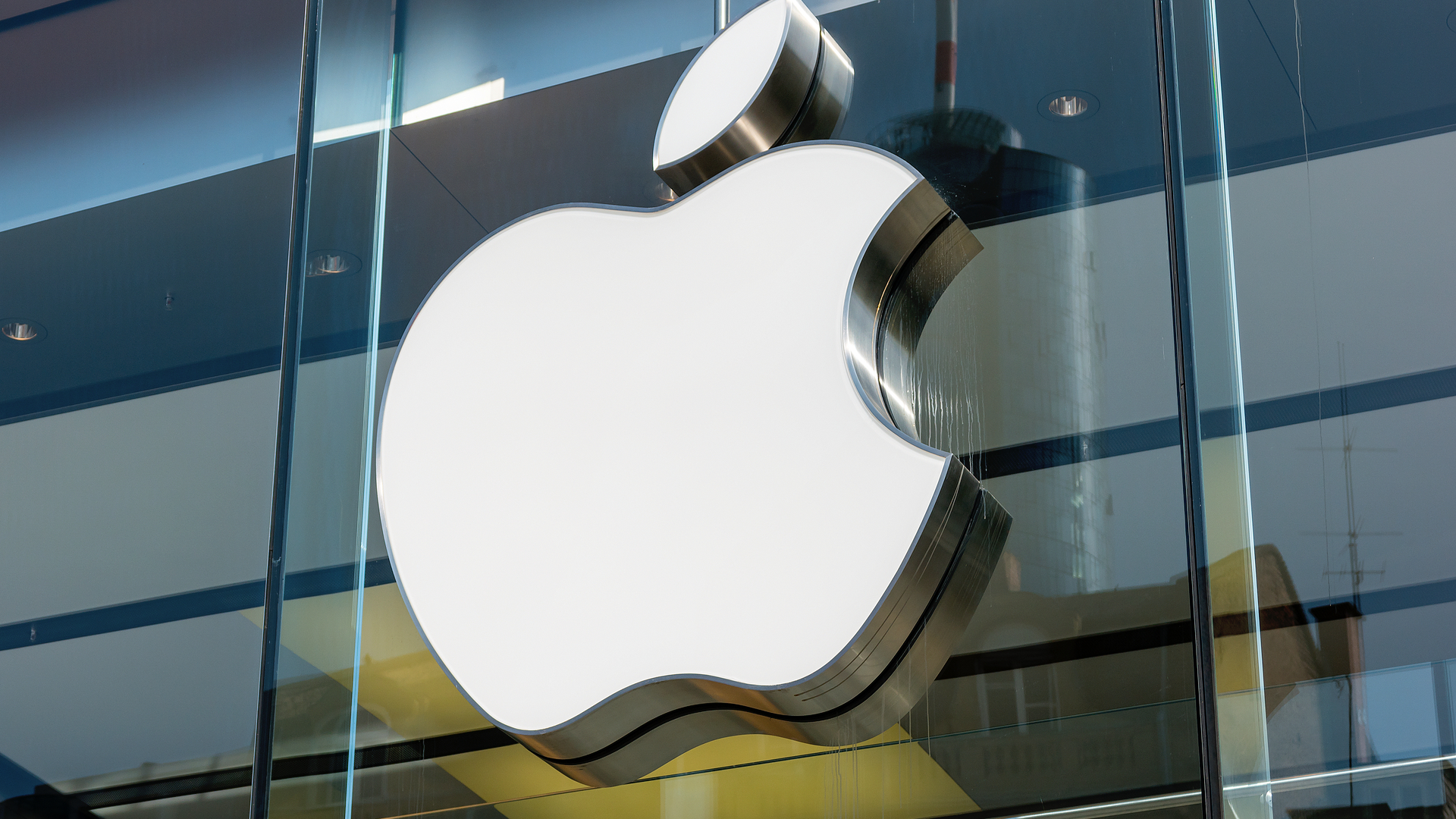Japanese regulator probes Apple for ‘coercing’ parts makers
Firms allege the iPhone maker demands free technology and knowledge in exchange for doing business


Apple is being investigated for allegedly coercive and bullying behaviour towards companies in its Japanese supply chain.
The Japan Fair Trade Commission (JFTC), equivalent to the UK Competition and Markets Authority, has opened an investigation into whether the tech giant forced 10 Japanese companies to hand over information on their technology, manufacturing processes and other IP free of charge.
At least one firm has said that in conversations with Apple, the industry heavyweight refused to renegotiate the supposedly unlawful terms of its contract, according to Japanese outlet Mainichi.
This contract stipulated that Apple and its affiliates are allowed to use technologies, manufacturing processes and other intellectual property provided by these companies for free. The unnamed suplier disputed the contract was on the ground that these terms violated intellectual property rights. Apple, it's claimed, retaliated by threatening to discontinue all business discussions with the parts maker.
Another company told the JFTC that Apple had previously forced Japanese companies to lower their prices by disclosing the information it had gained through these contractual clauses to other parts manufacturers.
The JFTC learned of this behaviour in late 2018 after conducting an industrial survey regarding associations between Japanes companies and other firms, and subsequently interviewed them for further details.
A client of such a size as Apple would be a huge advantage to firms in the region, and other parts of the world, given the value of having such a major company as a client.
Get the ITPro daily newsletter
Sign up today and you will receive a free copy of our Future Focus 2025 report - the leading guidance on AI, cybersecurity and other IT challenges as per 700+ senior executives
The JFTC is considering whether Japanese firms were therefore put in such a position as to accept unfair terms to any agreement based on the idea that any business with Apple would be far more desirable than losing Apple as a client.
IT Pro approached Apple for a response to the allegations, but hadn't received a response at the time of publication.

Keumars Afifi-Sabet is a writer and editor that specialises in public sector, cyber security, and cloud computing. He first joined ITPro as a staff writer in April 2018 and eventually became its Features Editor. Although a regular contributor to other tech sites in the past, these days you will find Keumars on LiveScience, where he runs its Technology section.
-
 Bigger salaries, more burnout: Is the CISO role in crisis?
Bigger salaries, more burnout: Is the CISO role in crisis?In-depth CISOs are more stressed than ever before – but why is this and what can be done?
By Kate O'Flaherty Published
-
 Cheap cyber crime kits can be bought on the dark web for less than $25
Cheap cyber crime kits can be bought on the dark web for less than $25News Research from NordVPN shows phishing kits are now widely available on the dark web and via messaging apps like Telegram, and are often selling for less than $25.
By Emma Woollacott Published
-
 Magic quadrant for finance and accounting business process outsourcing 2024
Magic quadrant for finance and accounting business process outsourcing 2024whitepaper Evaluate BPO providers’ ability to reduce costs
By ITPro Published
-
 Better together
Better togetherWhitepaper Achieve more with Windows 11 and Surface
By ITPro Published
-
 Transforming the enterprise
Transforming the enterpriseWhitepaper With Intel and CDW
By ITPro Published
-
 The top trends in money remittance
The top trends in money remittanceWhitepaper Tackling the key issues shaping the money remittance industry
By ITPro Published
-
 How to empower employees to accelerate emissions reduction
How to empower employees to accelerate emissions reductionin depth With ICT accounting for as much as 3% of global carbon emissions, the same as aviation, the industry needs to increase emissions reduction
By Fleur Doidge Published
-
 Capita CEO to be replaced by AWS exec
Capita CEO to be replaced by AWS execNews Jon Lewis is leaving Capita after more than five years
By Richard Speed Published
-
 Worldwide IT spending to grow 4.3% in 2023, with no significant AI impact
Worldwide IT spending to grow 4.3% in 2023, with no significant AI impactNews Spending patterns have changed as companies take an inward focus
By Rory Bathgate Published
-
 How Kantar revamped its IT infrastructure after being sold off
How Kantar revamped its IT infrastructure after being sold offCase Study Being acquired by a private equity firm meant Kantar couldn’t rely on its parent company’s infrastructure, and was forced to confront its technical shortcomings
By Rene Millman Published